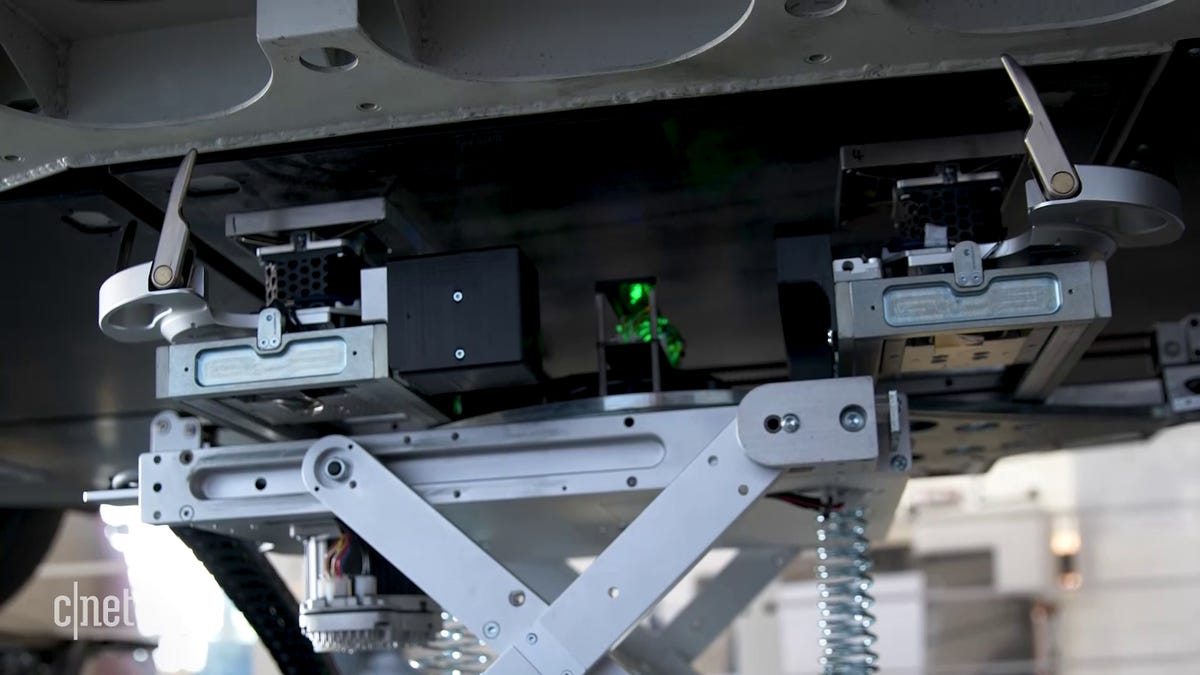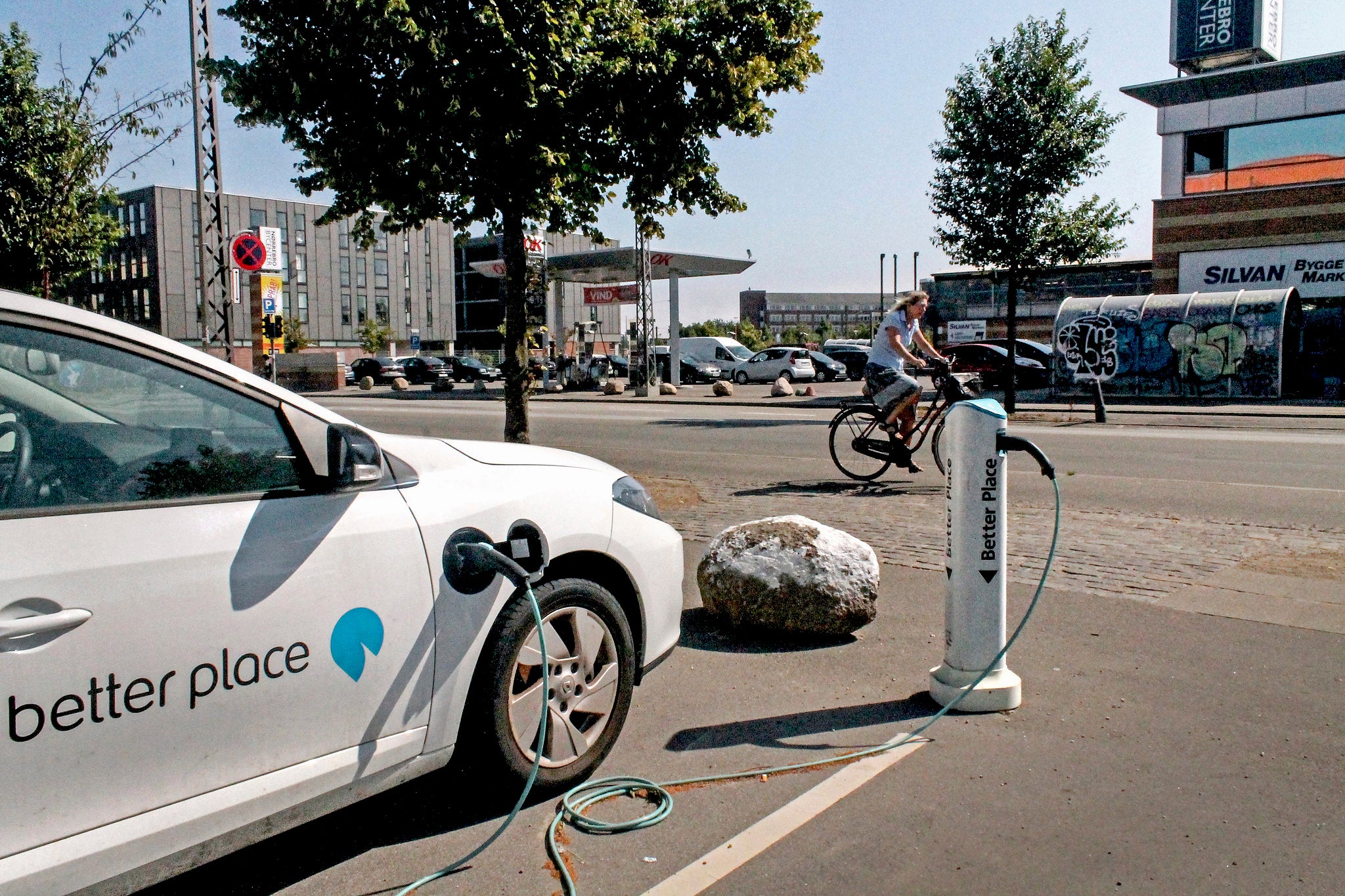- Aug 6, 2017
- 5,445
- 1,310
- 140
Don’t recharge it just replace it
When you go to fill your tank with gas, it may take 5 minutes.
To recharge your EV it takes maybe an hour while you sit and wait.
There is a much faster way to charge your EV, instead of sitting and waiting, why not just exchange your discharged battery with a charged one?

You drive up to a battery exchange site, much like a gas station today only it is more like a car drive though wash where you drive your car between two rails until the red light flashed to stop. A mechanical arm reaches up, removing your discharged battery, replacing your discharged one with a charged one. Your used battery is checked, and you are given credit for any remaining charge still in the battery.
The turn around time maybe five minutes
Comments pro or con welcome
When you go to fill your tank with gas, it may take 5 minutes.
To recharge your EV it takes maybe an hour while you sit and wait.
There is a much faster way to charge your EV, instead of sitting and waiting, why not just exchange your discharged battery with a charged one?
You drive up to a battery exchange site, much like a gas station today only it is more like a car drive though wash where you drive your car between two rails until the red light flashed to stop. A mechanical arm reaches up, removing your discharged battery, replacing your discharged one with a charged one. Your used battery is checked, and you are given credit for any remaining charge still in the battery.
The turn around time maybe five minutes
Comments pro or con welcome






